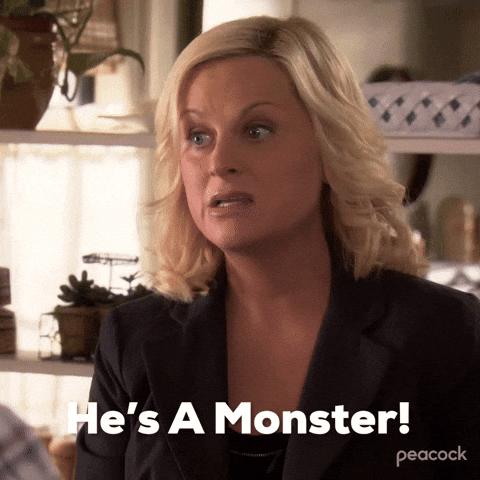
What To Do When You Don’t Like Your Friend’s Partner
In a dream world, we’d all get along with our besties’ partners. But unfortunately, that’s not always the case.
Whether your BFF’s significant other isn’t treating them properly, or maybe you just have different beliefs and values, not being able to love your friend’s partners can be draining and a little soul-destroying.
Is it your business to weigh in? Does your opinion matter? Should you keep your thoughts to yourself? Sometimes it’s hard to know how to navigate this extremely delicate situation.
On one hand, maybe it’s not your business. But on the other, if your friend is being treated badly, isn’t it your duty to speak up?
Armed with questions on how to tackle this tricky situation, we chatted with Logan Ury, director of relationship science at Hinge, to find out the best ways to navigate this hot mess.

On the best thing to say/do when you know your friend’s partner isn’t treating them well:
“It can be tough to tell a friend how you feel about their partner. If you see that a friend isn’t being treated well, check in to see if they might be open to your feedback. You could say something like, ‘I’ve noticed a few things about your relationship that I wanted to bring up. Are you open to talking about it?’
Some people are just not interested in gathering their friends’ opinions about their dating lives. They may feel they need to figure things out for themselves and learn through experience.
If your friend is open to the conversation, let them know your concerns in an honest, non-judgmental way. Understand that you and your friend are different and may not want the same things. Don’t project your needs and desires onto them.
Instead, speak about specific incidents and point out what you’ve noticed. For example: ‘You know how much I care about you. I’ve realised that you tend to clam up and censor yourself when you’re around him. You’re not your typical bubbly self. Is that something you’ve noticed about yourself?'”
On whether you can tell a friend you don’t like their partner without damaging the friendship:
“You always want to be careful when giving a friend feedback about their partner. Some people may not be open to the advice, and others may assume you’re jealous or judgmental.
That may make you feel like you should never tell your friends your honest feelings about their partners. That’s not true. Instead, choose your moment. Make sure you’ve spent enough time with the person to give them a fair chance. But you also don’t want to wait so long that they move in together — or any other dating stage that is hard to reverse.”
On what to do if you’ve found out your friend’s partner has been cheating on them:
“If you discover your friend is being cheated on, you have a responsibility to tell them. You would want to know if the tables were turned, right? Tell your friend you have something serious you want to discuss with them. Preferably do this in person or on the phone. Then, in a kind but firm way, let them know what you discovered. Tell them that you support them either way, but you’re sharing this information because you don’t want them to be left in the dark, and you would want to know if it were you.
“Your friend may decide to forgive their partner and stick it out. That’s their choice. Your job is to share what you know, not to force them to take a certain action once they have that info.”
On what to do if you think your friend’s new significant other doesn’t like you:
“Sometimes people take time to warm up. The first few times that a new partner meets someone’s friends and family can be a nerve-wracking experience. Give them the benefit of the doubt. They may be nervous or shy, and this is not a reflection of their feelings about you.
Remember that you are there to support your friend. If they get along well with this new person, that’s more important than if you and their new love interest hit it off.
However, if feeling close to their partner is important to you, ask your friend about that person’s hobbies or favourite food. Invite the two of them on a hike or go out to brunch as a small group. Putting effort into getting to know that person in different settings will make them more comfortable with you, and your effort will mean a lot to your friend.”
On the best way to tell a friend you can’t talk about her relationship anymore if they keep going back to a toxic partner:
“If you have a friend who continues to go back to a toxic ex, and expects you to support them every time, it’s perfectly OK to push back. Make it clear that you love and care about them, but that you no longer have the capacity to discuss this situation. Sharing this might be the reality check they need to see how self-sabotaging their behaviour is. Or it might not, and they will be upset that you’re not willing to indulge this conversation anymore.
Boundaries are a critical part of safe and secure friendships. If you know longer feel like you can keep talking to your friend about this particular topic, you can let them know.”
